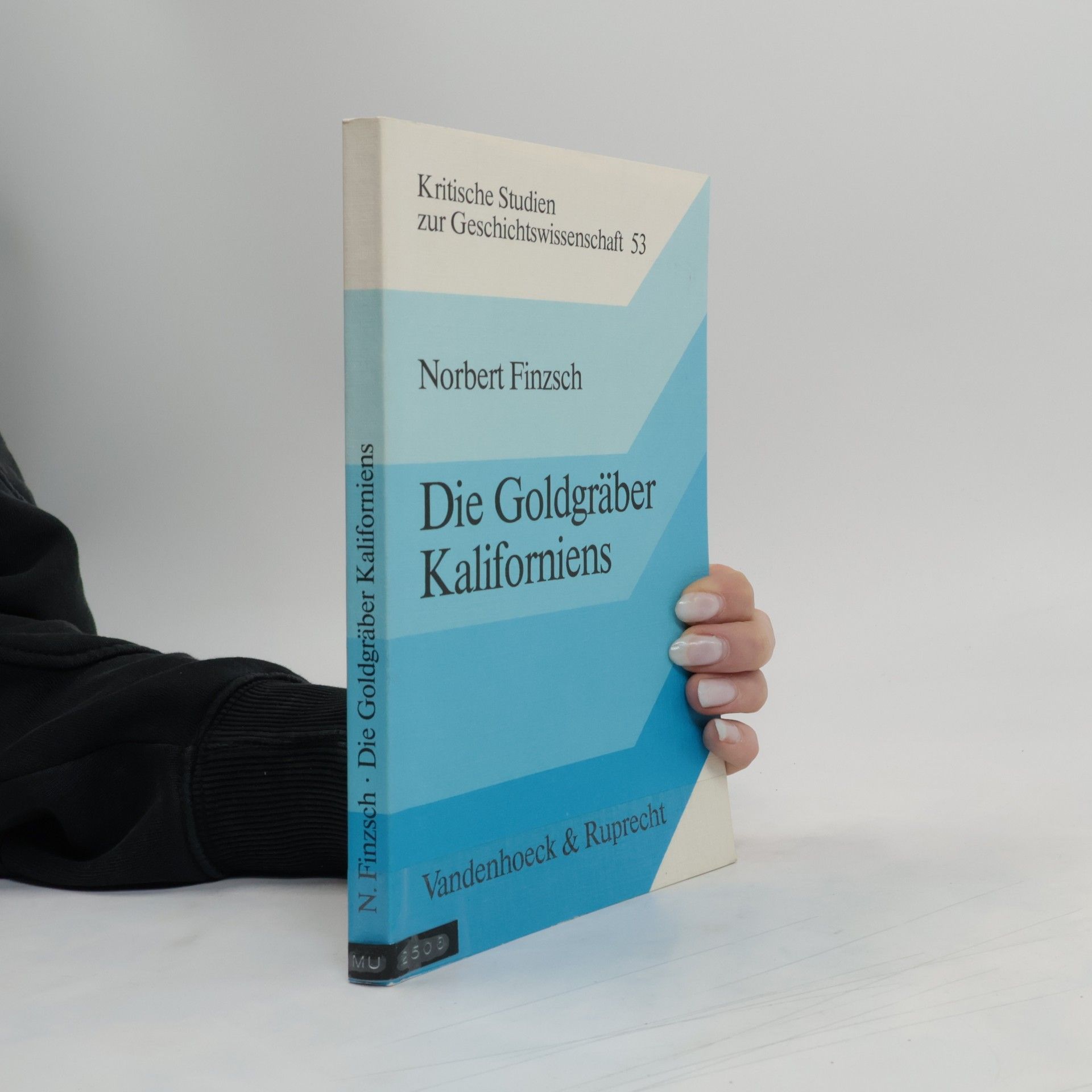Der historische Kontext von nicht-binären und monströsen Körpern wird umfassend analysiert, wobei Norbert Finzsch die diskriminierenden Praktiken in Großbritannien, Frankreich, Deutschland und den USA von 1500 bis 2023 beleuchtet. Trotz regionaler Unterschiede zeigen sich in der Wahrnehmung von Abjekten gemeinsame kulturelle und soziale Ängste vor Veränderungen. Diese Ängste führten zur Stigmatisierung und Charakterisierung von Abjekten als "Monster", wodurch die Wurzeln der Transphobie in der westlichen Gesellschaft sichtbar werden.
Norbert Finzsch Book order (chronological)





Der Widerspenstigen Verstümmelung
Eine Geschichte der Kliteridektomie im »Westen«, 1500-2000
Von Benin nach Baltimore
Die Geschichte der African Americans
Norbert Finzsch, James und Lois Horton schildern die Geschichte der »African Americans« von den Anfängen des transatlantischen Sklavenhandels im 15. Jahrhundert bis in die neueste Zeit. Von den afrikanischen Hochkulturen über die wirtschaftliche und demografische Entwicklung in Britisch-Nordamerika, den Bürgerkrieg und die Abschaffung der Sklaverei bis hin zu Bürgerrechtsbewegung und Black Power spannen die Autoren den Bogen der Geschichte. Sie porträtieren »African Americans« nicht als wehrlose Opfer, sondern als handelnde Subjekte und lassen sie mit Hilfe von umfangreichem Quellenmaterial selbst zu Wort kommen.
Identity and intolerance
- 466 pages
- 17 hours of reading
In a world of increasingly heterogeneous societies, matters of identity politics and the links between collective identities and national, racial, or ethnic intolerance have assumed dramatic significance. Identity and Intolerance attempts to show how German and American societies have historically confronted and currently confront matters of national, racial, and ethnic inclusion and exclusion. The comparative perspective sheds light on the specific links among the cultural construction of nationhood and otherness, the political modes of integration and exclusion, and the social conditions of tolerance and intolerance.